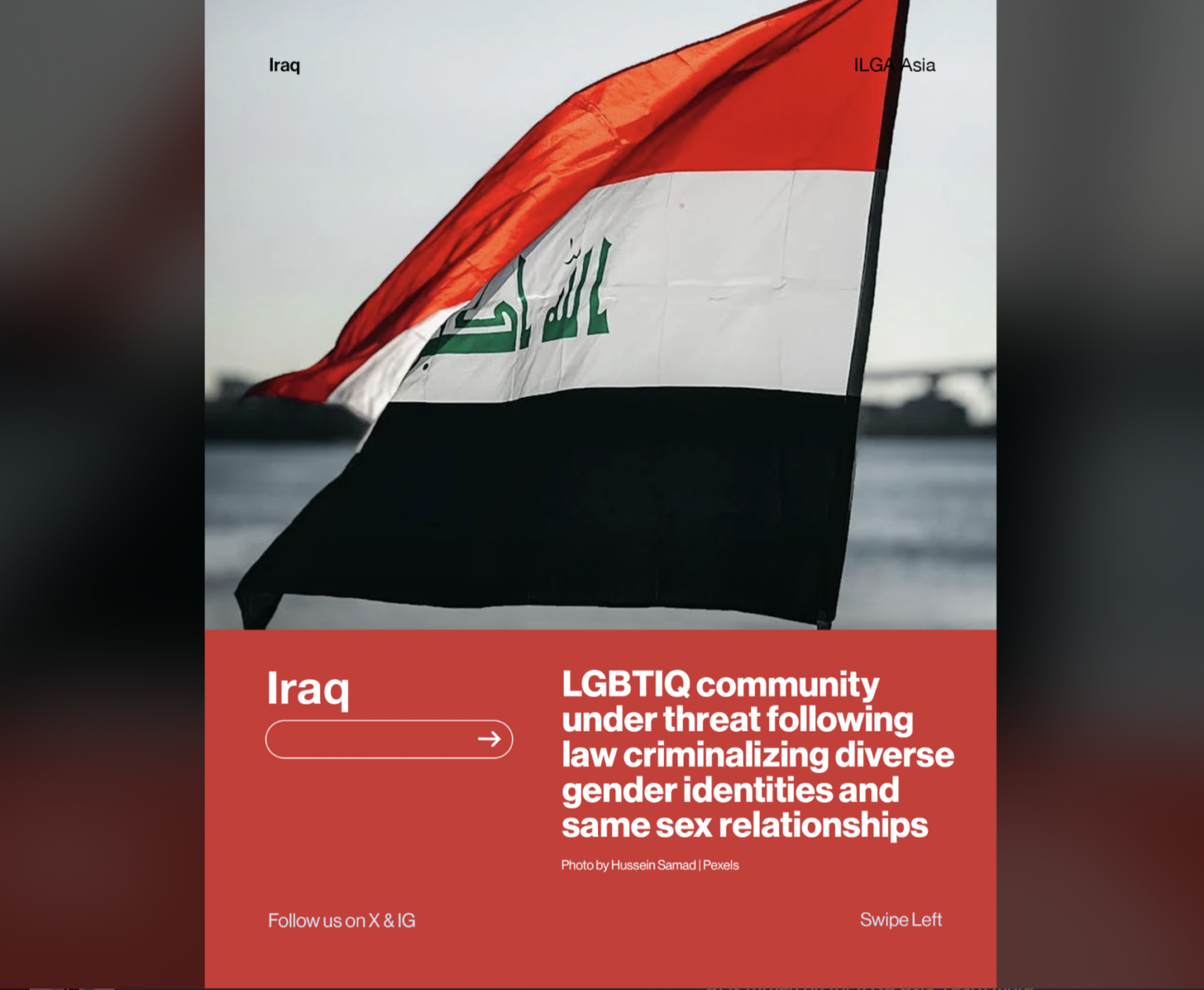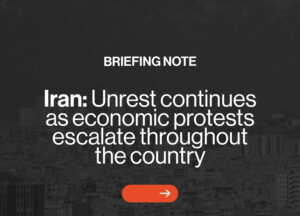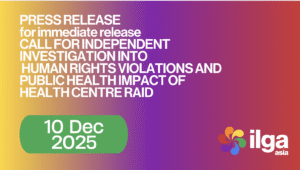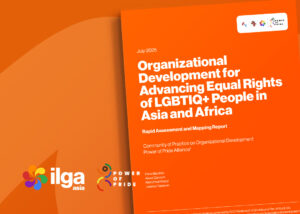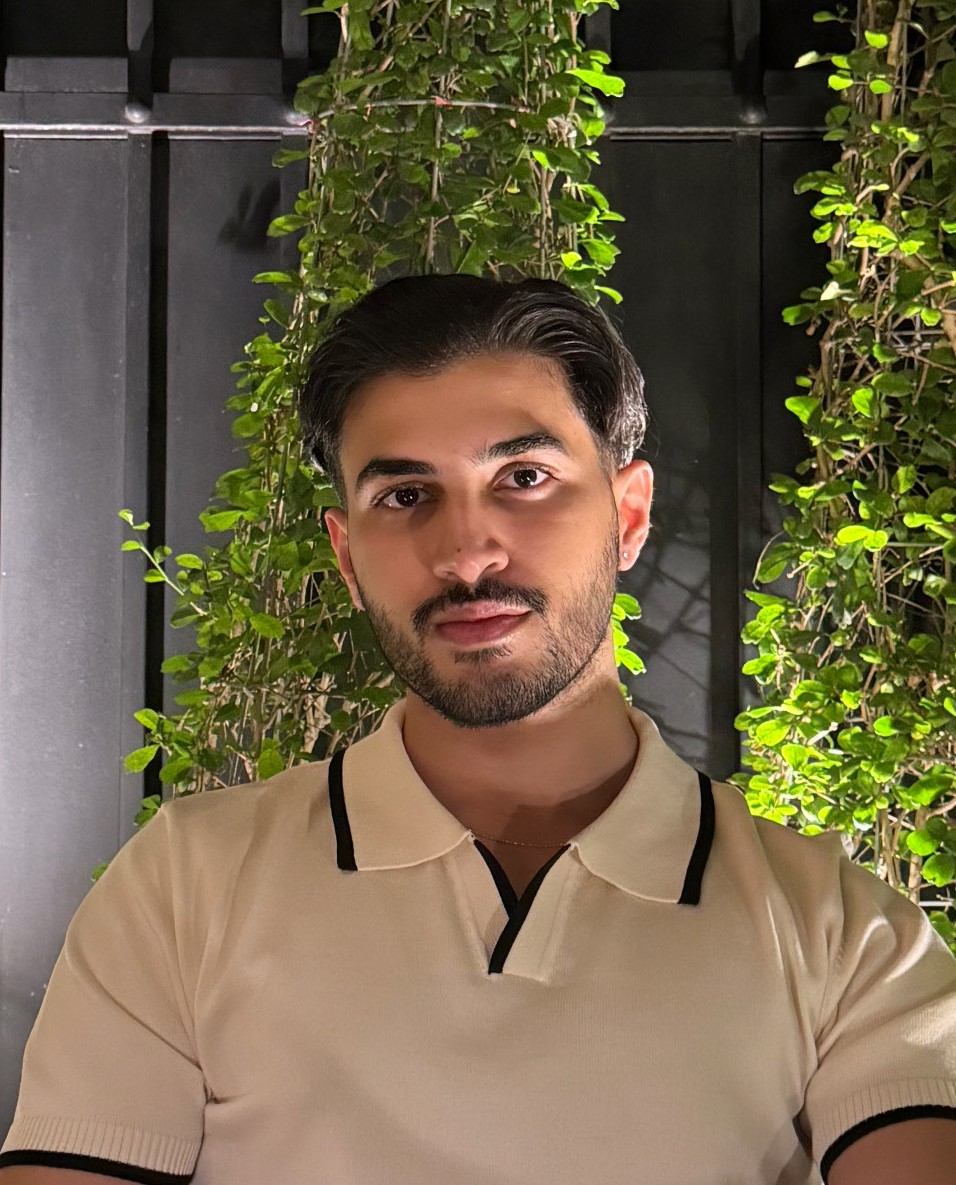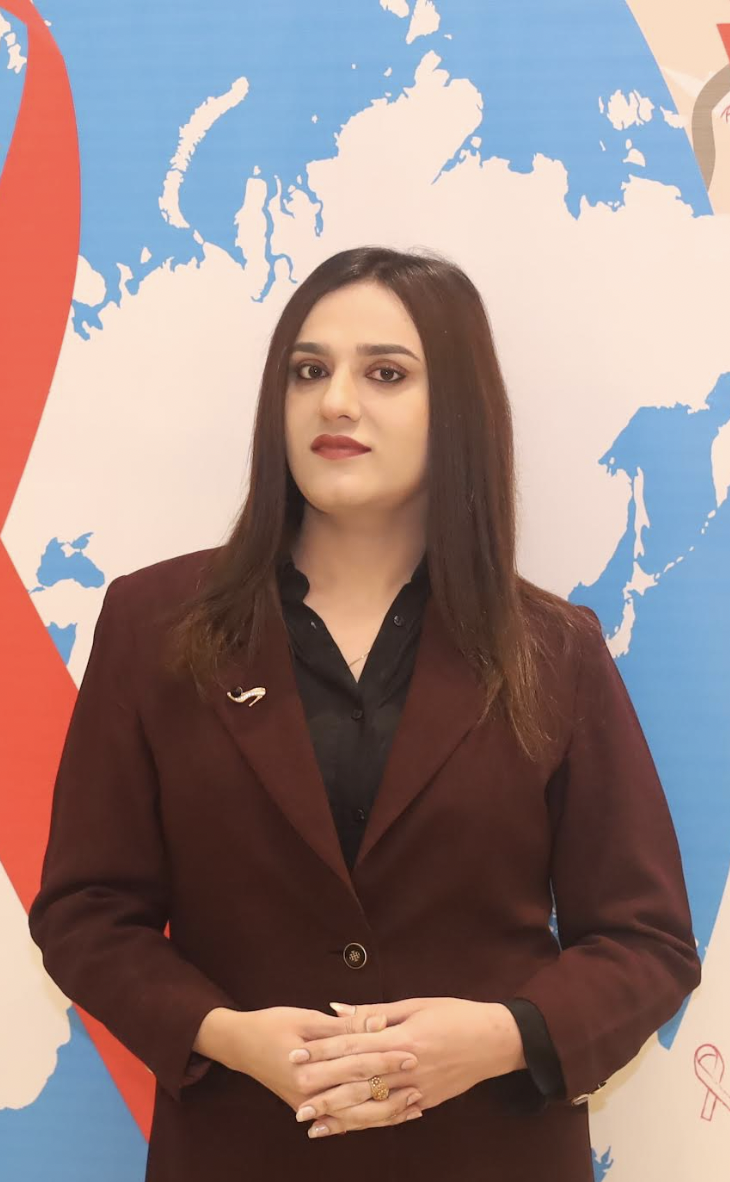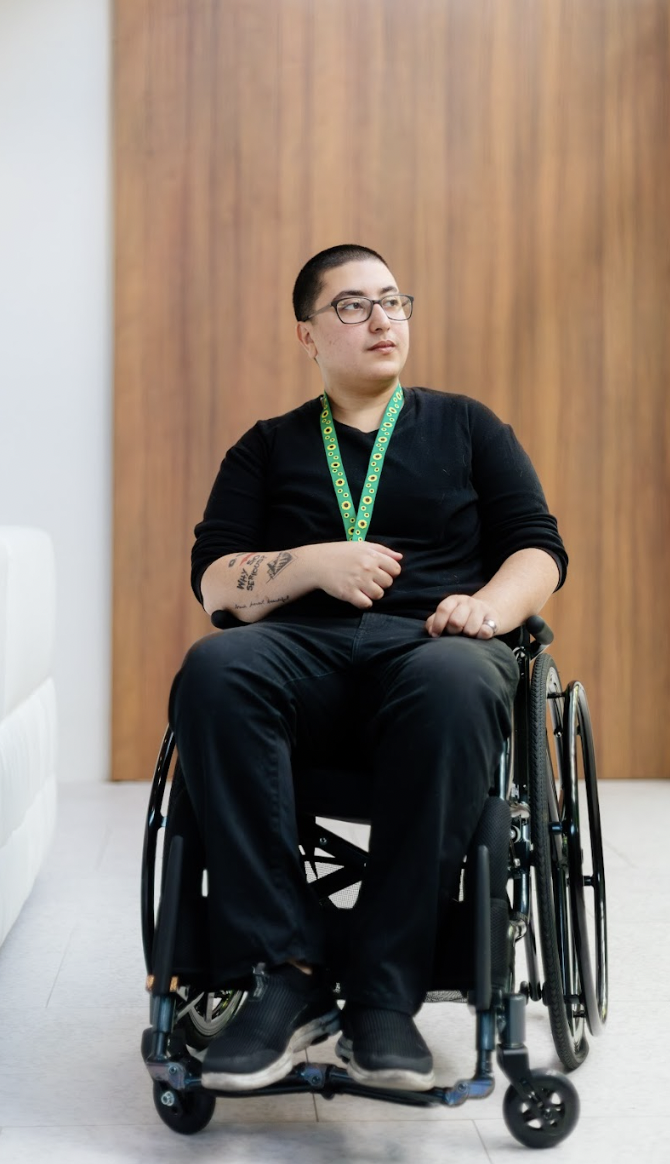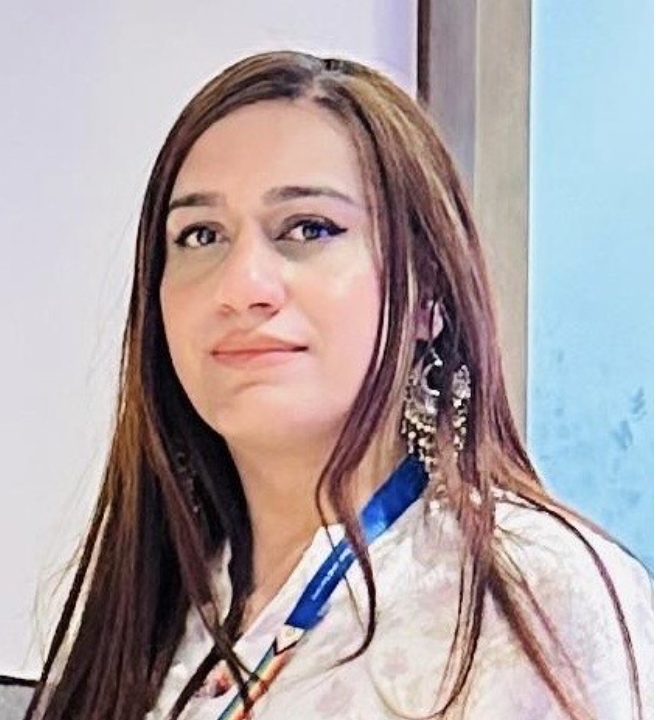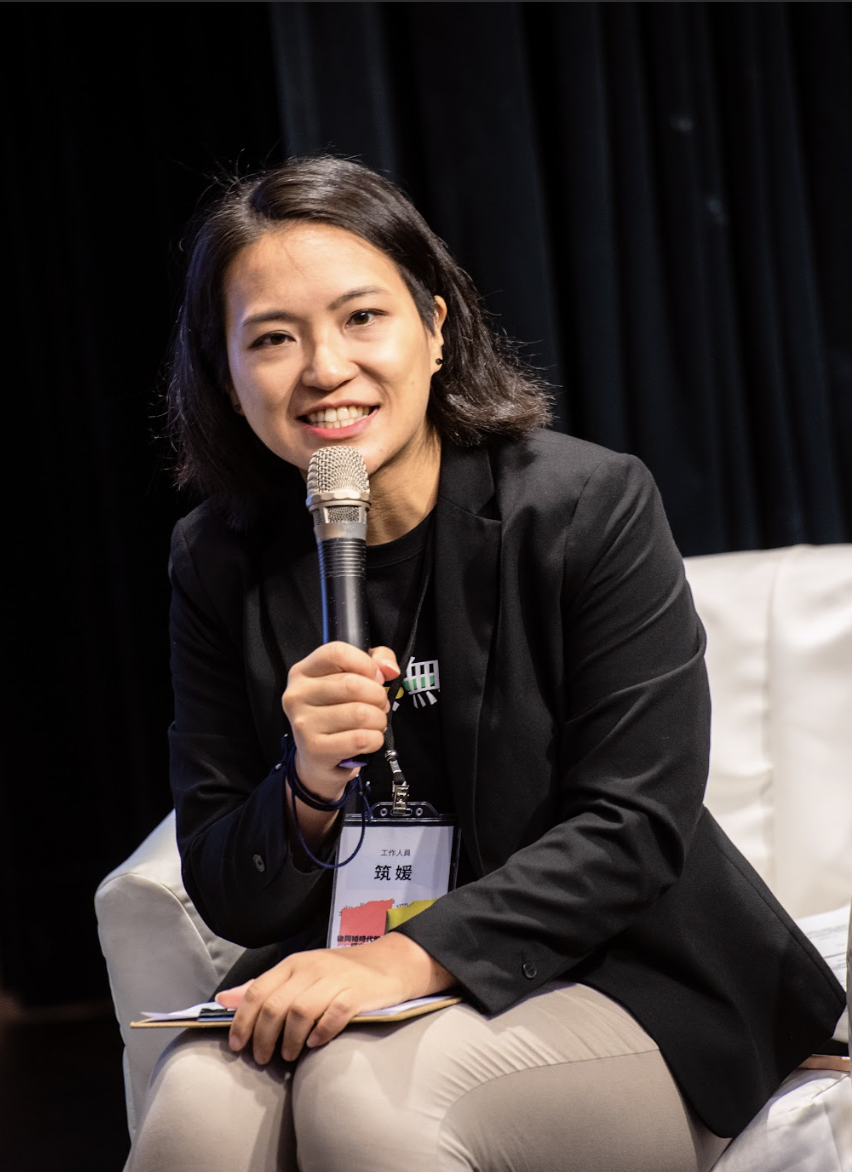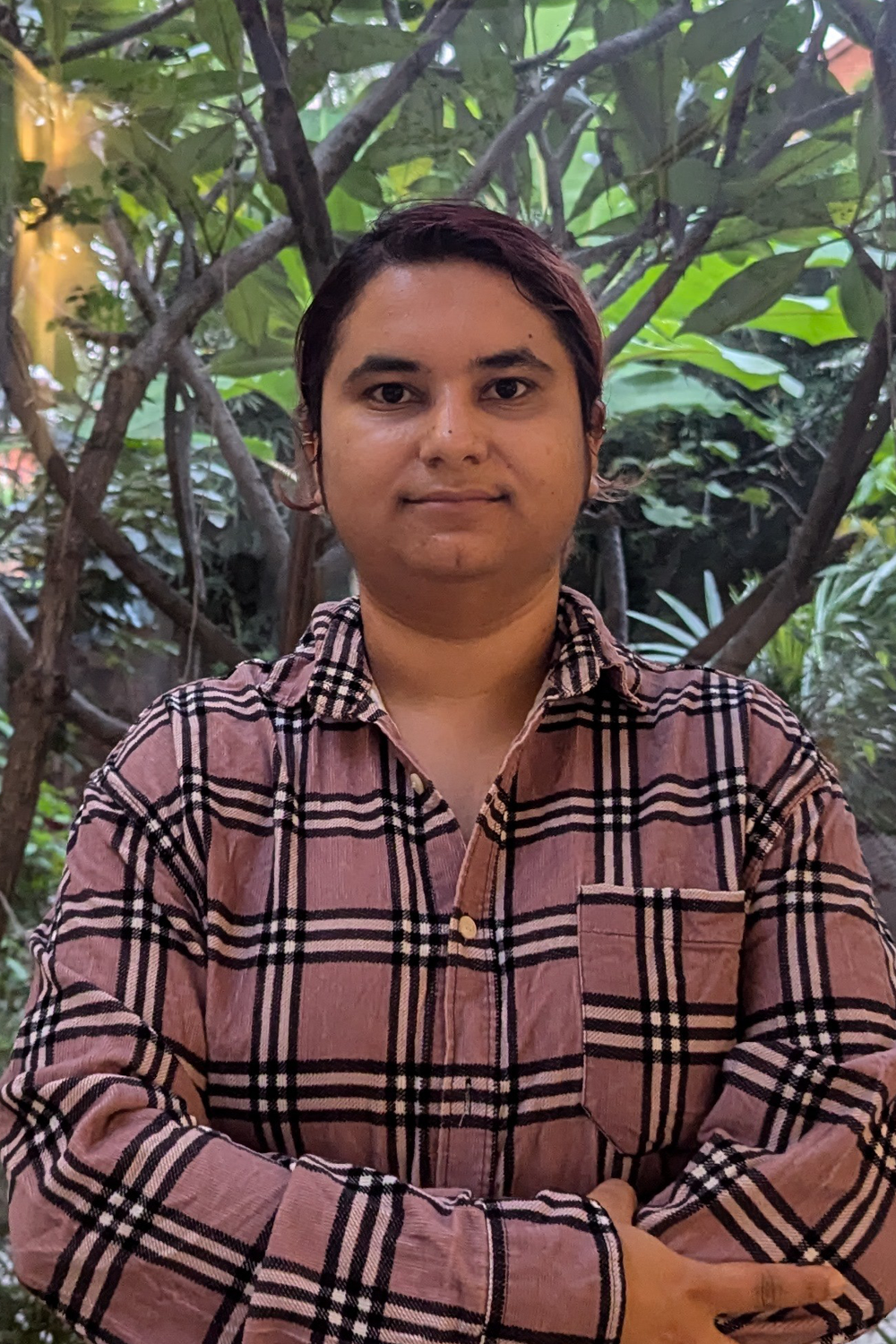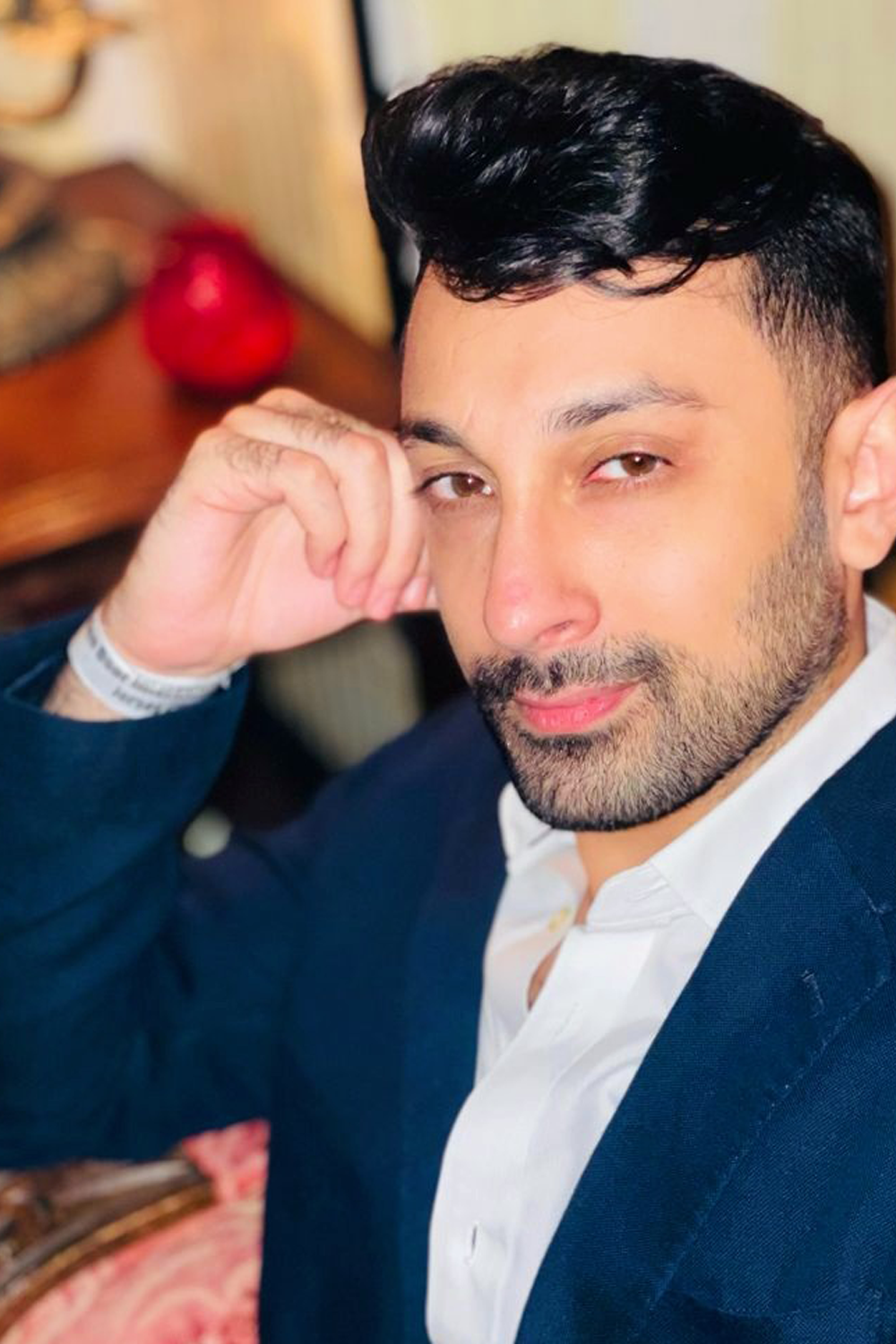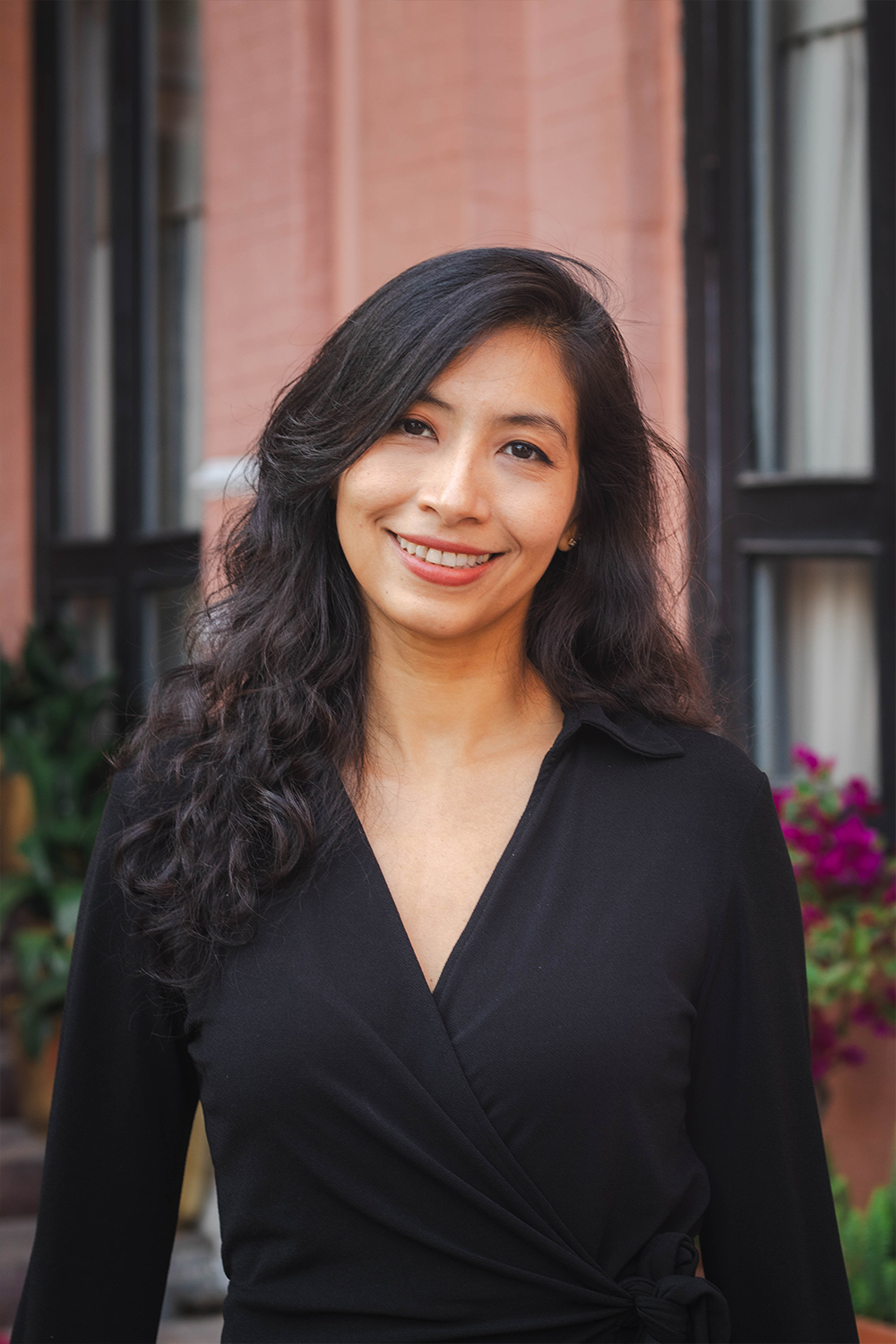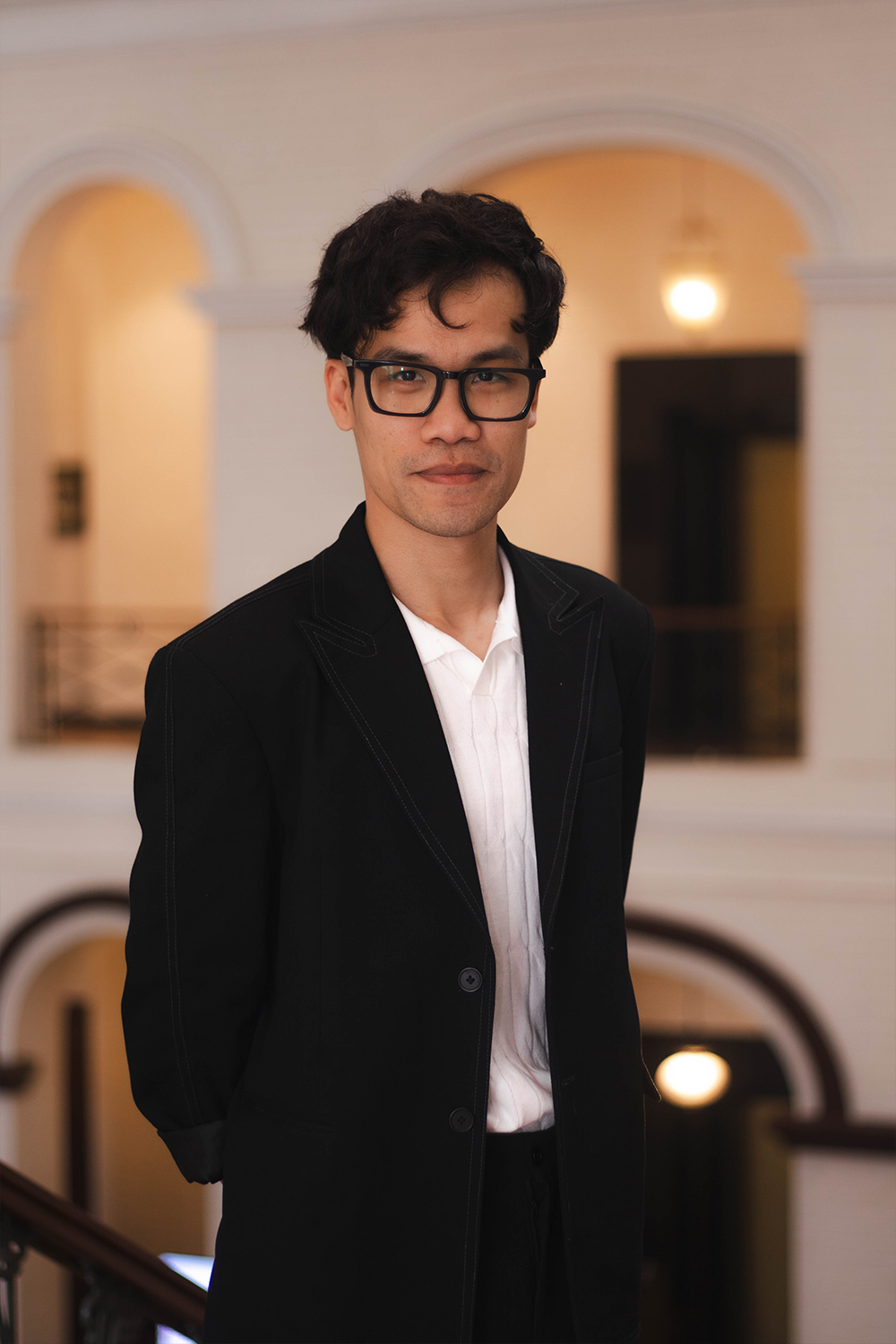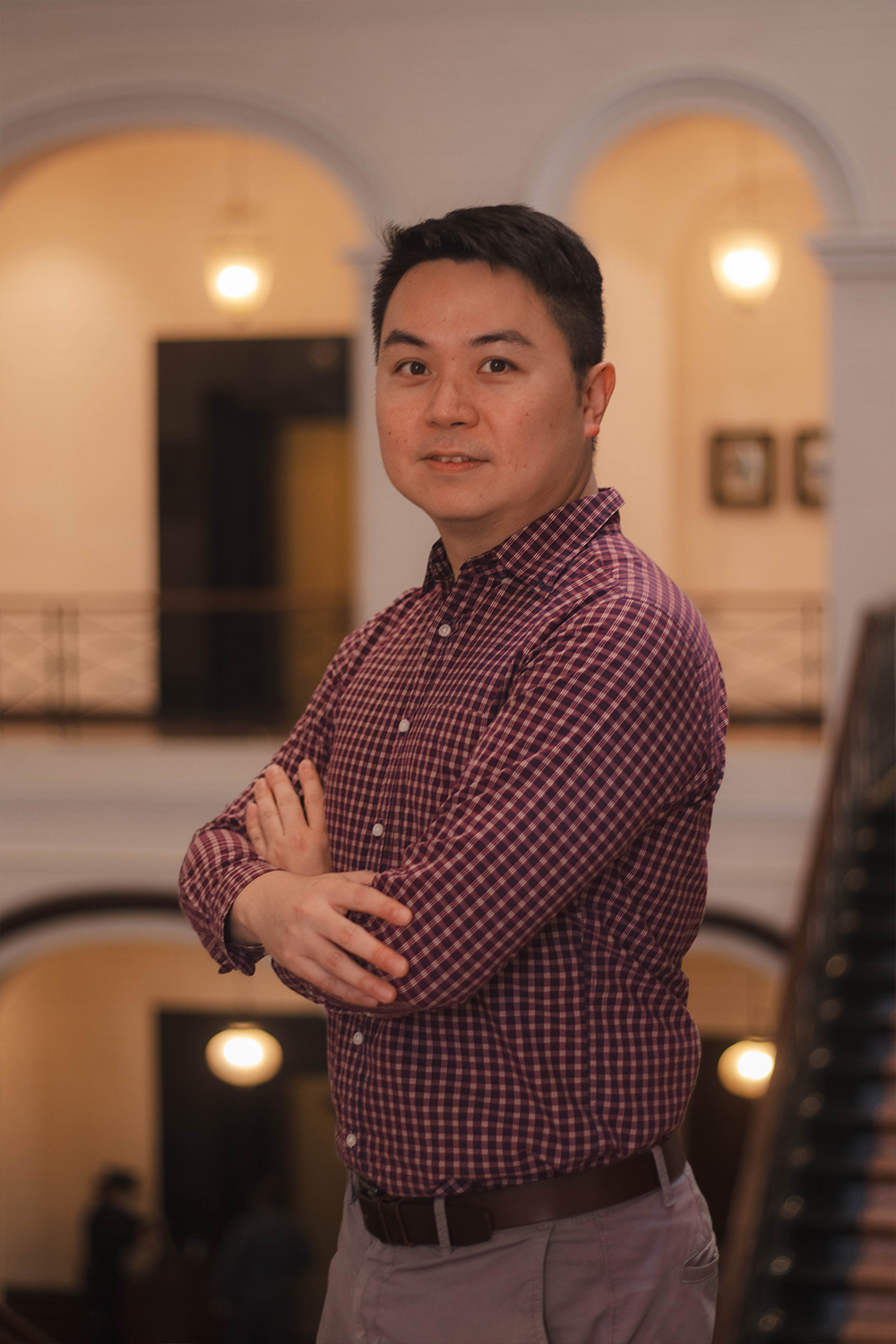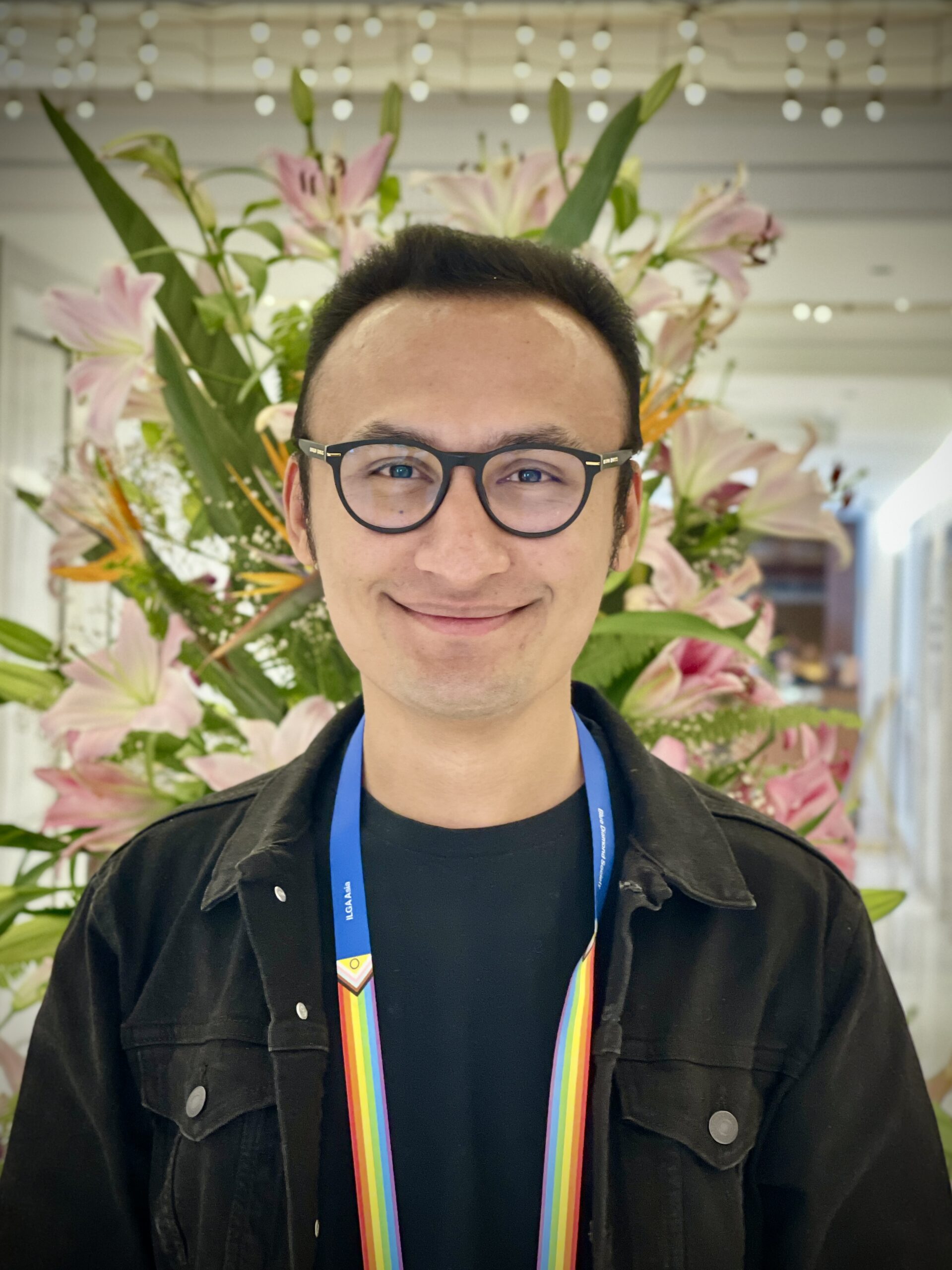On 28 April 2024, the Government of Iraq passed a bill amending the Law on Combating Prostitution of 1988 to explicitly criminalise consensual same-sex relationships, gender affirming healthcare, and diverse gender expressions in the country. The President signed it into law on 29 June 2024 and it entered into force on 1 July 2024. The situation for queer communities in Iraq, particularly LGBTIQ human rights defenders and activists, has deteriorated significantly. The new law has heightened fears of increased surveillance, crackdowns, threats of violence, and incarceration.
Under this amendment, individuals who “establish a homosexual relationship” face imprisonment for 10 to 15 years, while those who “promote homosexuality” face at least seven years of imprisonment and a fine of no less than 10 million Iraqi dinars. Gender-affirming healthcare is also criminalised, with up to three years of imprisonment for those accessing or performing such treatments. Additionally, individuals wearing clothing that does not conform to their assigned gender, or men “imitating women,” face up to three years of imprisonment or fines of at least 5 million Iraqi dinars.
While the LGBTIQ community in Iraq have historically faced persecution under broad morality laws, the explicit criminalisation of same-sex relationships and gender expressions marks a sharp escalation in state-sponsored repression. IraQueer, an LGBTQ+ organization, has cautioned activists and community members to exercise vigilance, particularly online. Digital platforms like Grindr, Tinder, Growlr, Twitter (X), Facebook, Instagram, and Telegram have been identified as tools for state surveillance and entrapment.
“The implementation of the anti-prostitution law in Iraq significantly increases the risks faced by the LGBTQI+ community, particularly activists who are already under constant threat. This law provides authorities with broader tools for targeting marginalized groups and leverages online platforms for surveillance, amplifying fear and insecurity.” says Ayaz Shalal Kado, Executive Director at IraQueer. “The community urgently needs stronger protection mechanisms, safe spaces, and international advocacy to challenge such oppressive measures and support activists in continuing their vital work safely.”
The law’s passage also reflects a broader trend of state-sponsored censorship, surveillance, anti-LGBTIQ, and anti-gender campaigns. In May 2023, the Iraqi Media and Communications Commission banned the words “gender” and “homosexuality” in the media in the country, mandating the term “sexual deviance” instead. This language contributes to the systemic erasure of queer identities while fostering a culture of hostility and repression; resulting in shrinking civic space for any discussion of LGBTIQ, non-discrimination and inclusion
In 2023, Human Rights Watch documented cases of online entrapment by security forces on platforms like Grindr and Facebook in Iraq, among other countries in the region. LGBTIQ people have been targeted, arrested, and detained by security forces. Private individuals and armed militia have also used such information for extortion, harassment, violence, and outing individuals to authorities.
The amendment to the anti-prostitution law further legitimises violence and discrimination against LGBTIQ Iraqis. The digital targeting of LGBTIQ individuals has far reaching consequences both online and offline, including arbitrary arrests, torture, and ill-treatment in detention, such as sexual assault. Queer individuals in Iraq have resorted to self-censorship for protection, hiding their identities both offline and online. These developments violate constitutional protections enshrined in the Constitution of Iraq, including the right to equality (Article 14), the right to healthcare (Article 31), the right to privacy (Article 17), and protection for communication privacy (Article 40).
“Laws like this one in Iraq serve as cruel reminders that legal frameworks can be weaponized to erase dignity, amplify harm, and institutionalise violence against the most marginalised communities among us. We remain in unwavering solidarity with Iraq’s LGBTIQ communities and call on the Iraqi government to immediately repeal these draconian measures. Let no state forget: rights are not privileges – they are the cornerstone of justice and the foundation of humanity.” Henry Koh, Executive Director at ILGA Asia.
ILGA Asia condemns the legal developments in Iraq explicitly criminalising diverse gender identities, expressions and sexual orientations in Iraq and the targeting of LGBTIQ individuals and activists. We unequivocally urge the Iraqi government to immediately repeal the recent amendment to the anti-prostitution law of 1988 and to uphold their commitment to ensure the right to privacy, dignity, gender-affirming healthcare, and freedom from violence from state and non-state actors for everyone.
